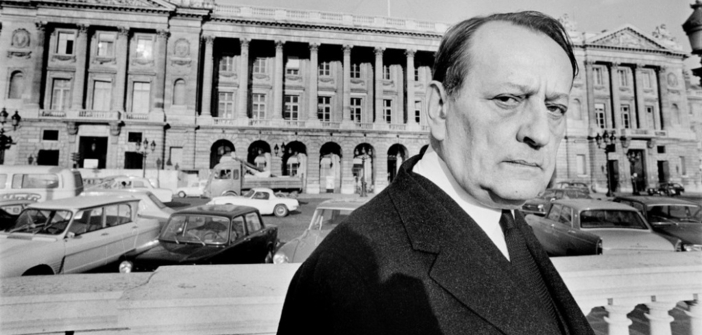André Malraux, born in 1901 at the dawn of the 20th century, is the perfect embodiment of this century where everything seemed possible, the old West was about to strengthen its domination over the rest of the world. The first World War ended this promising rise sparked by colonization. People more concerned with equity, and justice raised the banners of protest.
André Malraux, above all an intellectual, must always be remembered as such to understand him in his choices that may seem contradictory. In fact, the man of letters, the writer, the art lover, the adventurer, driven by both romanticism and ideals, engaged in the Spanish Civil War alongside the Republicans.
In this civil war, essentially the opening act of the Second World War where dictatorships clashed with each other, Malraux, occasionally a pilot, fought his own war, much like the great lords of old. This is better understood in the Far East, where he denounced the colonial society in its venalities.
Believer? Atheist? Malraux is beyond these labels. He was a minister under General De Gaulle, the first to give culture due importance, a craftsman of the Maisons de la Culture, a brilliant idea unfortunately buried under the weight of economic utility. If André Malraux were to be defined: an anarchist.
This definition seems accurate if one takes the term in its most developed sense. Robert Payne has very well grasped the character, and his book, more an explanation of Malraux’s works than a biography, should have a place in all good family libraries.
A fascinating book where history, society, and events unfold before us, making us privileged witnesses.
Thierry Jan



